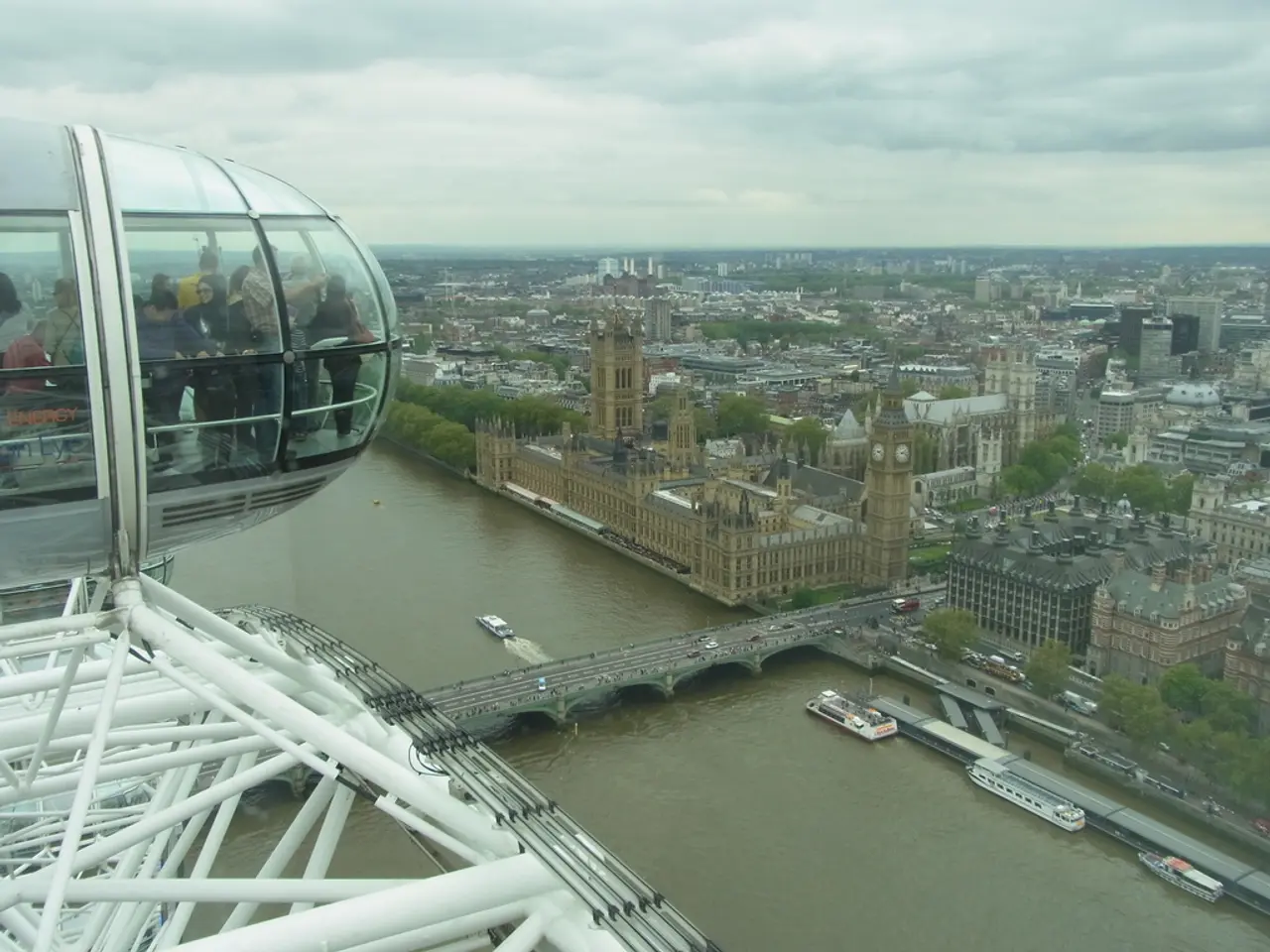Bank of England faces lean progress - however, it's the opportune moment for daring actions, argues ALEX BRUMMER
The economic landscape in the UK is currently marked by a series of significant developments and uncertainties.
Budgetary and tax uncertainties are casting a shadow over consumer demand and business investment, with global conditions remaining uncertain due to an average Trump tariff of 20%. This instability is particularly evident in the UK's physical exports, which are facing difficulties in sectors such as steel, aluminium, and cars.
In the face of these challenges, some companies are making strategic moves. US private mortgage insurer Radian is set to expand its operations in the UK with a £1.25billion purchase of Inigo. The acquisition, which will provide Radian with a London headquarters and expertise for a major expansion, will see the founders of Inigo net a paper profit of £515million.
Inigo, a company led by a small group of Lloyd's underwriters, specialised in providing high-risk, data-driven products covering cyber, aviation warfare, and mining. The company's unique offerings have made it an attractive acquisition for Radian.
Meanwhile, Blackstone, a multi-billionaire company, has returned to the UK market. The firm is buying property assets such as shared ownership homes, and selling them with substantial gains. However, Blackstone's return to the UK market has not been without controversy. The company previously bought into Southern Cross care homes, stripped and disposed of property assets, leading to its administration. More recently, Blackstone has been accused of draining water supplies from the River Test for a man-made lake on their Wiltshire estate.
The economic landscape is also being shaped by decisions made by central banks. The Bank of England's base rate remains at 4%, despite Swati Dhingra and Alan Taylor voting for a quarter-percentage point cut. The majority on the rate-setting committee kept rates steady due to stubbornly high inflation and inflation expectations influencing wage demands. However, the committee is concerned about the risk of a recession.
In contrast, the US Federal Reserve has cut interest rates. This move is being advocated for by dissenters within the Bank of England's Monetary Policy Committee and the Fed, who argue that lower rates are necessary to support growth and jobs.
Consumer price rises are currently at 3.8% in the UK, with the prospect of 4% next month. Mortgage rates are elevated, and Labour's withdrawal of stamp duty breaks on lower-value homes is affecting the housing market. Inflation is expected to come down speedily, barring some unusual administered price rises.
The City continues to play a dominant role in the global insurance market. DIY investing platforms like AJ Bell, Hargreaves Lansdown, interactive investor, InvestEngine, and Trading 212 are available for users, offering a range of investment opportunities.
Affiliate links may be present in this article, and This is Money may earn a commission if a product is taken out. It is always advisable for readers to conduct their own research before making any financial decisions.
Read also:
- A Business Model Explained: Its Purpose and Benefits for Your Venture
- Trump administration faces lawsuit by Denmark's Ørsted over halted wind farm project
- U.S. takes a pledge of $75 million to foster Ukrainian resources development
- Deep-rooted reinforcement of Walkerhughes' acquisitions through strategic appointment of Alison Heitzman





